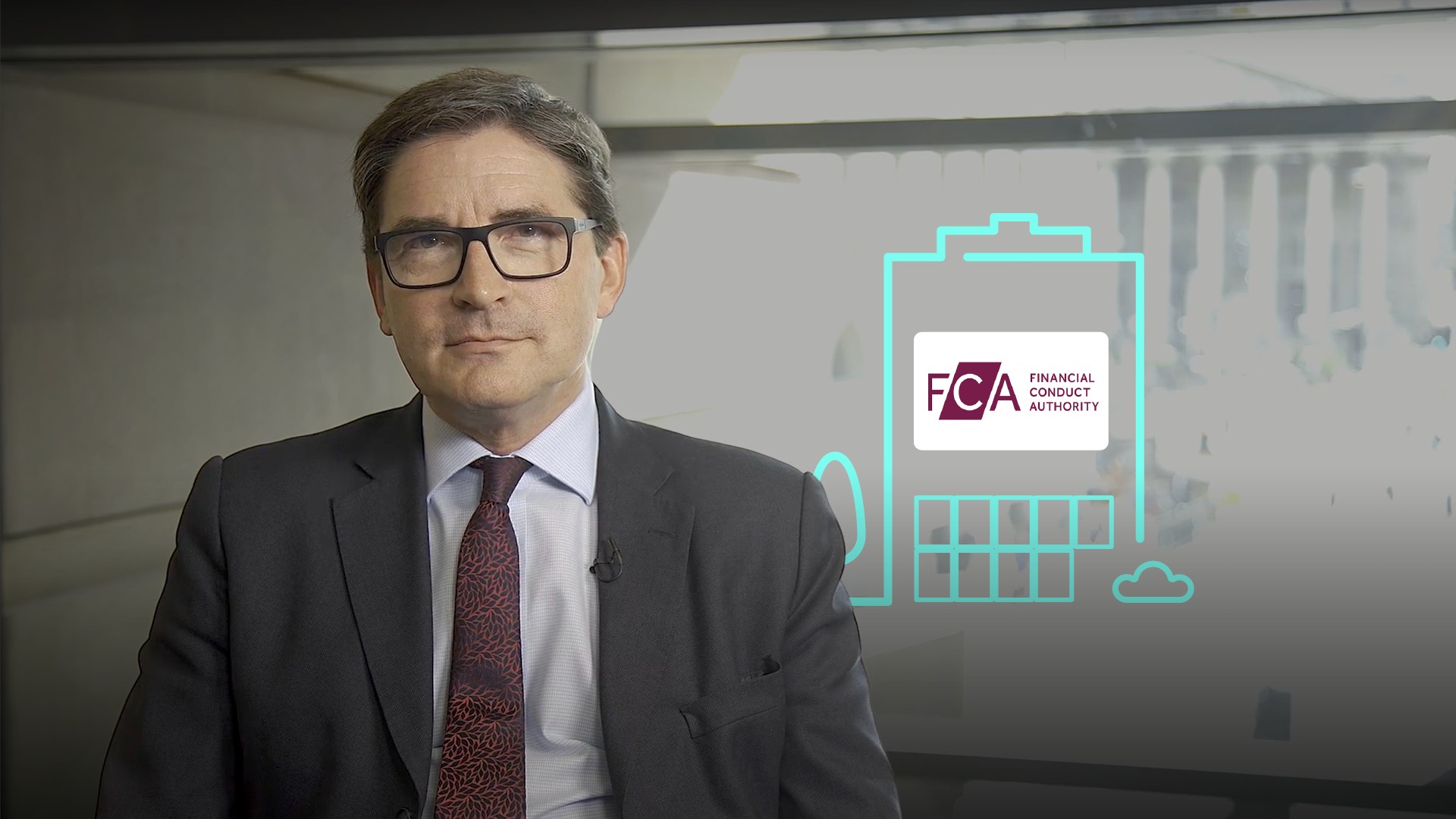
What is Conduct Regulation?

Roger Miles
25 years: Behavoural science & conduct
Roger answers some of the key introductory questions surrounding conduct regulation: What is it? Why do you need to know about it? What can you do now?
Roger answers some of the key introductory questions surrounding conduct regulation: What is it? Why do you need to know about it? What can you do now?

What is Conduct Regulation?
8 mins 27 secs
Key learning objectives:
Define conduct regulation
Understand why conduct regulation began
Know why we need to know about conduct regulation
Overview:
Conduct regulation is a practice meant to hold banks and financial institutions responsible for their actions. In other words, it represents a set of rules that tell financial firms what is expected and the acceptable behaviour.
Where does conduct regulation come from?
After the 2008 banking crisis, governments realised that the old style of ‘economics-based’ regulation didn’t really work. So in 2013, the UK government launched a new style of regulator, the Financial Conduct Authority. The word “conduct” means how you behave, so this is what we now call behavioural regulation.
Before conduct regulation started, regulators were more focused on things like on legal contracts, the soundness of systems, and the pricing of risk. They hadn’t given much thought to behaviour for its own sake, but now they look at everything through a ‘behavioural lens’.
What do conduct regulators look for?
A Conduct regulator typically looks at abusive treatment of customers, such as hidden penalties in products, rewarding staff for mis-selling, and dishonest marketing. They also look beyond the sales practices to drill into the psychology behind them: what makes managers and teams behave badly. So Conduct regulators look at the behavioural science research on problems such as groupthink and cognitive biases.
Why do we need to know about conduct regulation?
There are two key reasons why we need to know about conduct regulation:
- Global Systematic Regulation is Growing - Most of the world’s main financial market centres are getting into conduct regulation, along with their central banks
- Personal Accountability is Overseen Through Conduct Regulation - Conduct regulators look at how you personally behave as a worker in financial markets. In some countries, including the UK, a conduct case officer may come and visit you at your desk, and they’ll ask you personally about your understanding of what conduct regulation means for your day-to-day work
How is an employee's behaviour regulated?
- Personal Responsibility and Social Licence - What does each employee do, from senior managers all the way down, to make sure everyone gets treated fairly? And, what is your firm doing in the world, other than just enriching its owners and employees?
- Biases - Why and how is our rational decision-making hijacked by our animal brains?
- Asymmetries - This is just a science word for where there’s some kind of skew, such as a mismatch of power and control between the firm and the end-user. An imbalance of information, knowledge, competence or control, typically between a firm and the people who buy its products

Roger Miles
There are no available Videos from "Roger Miles"

